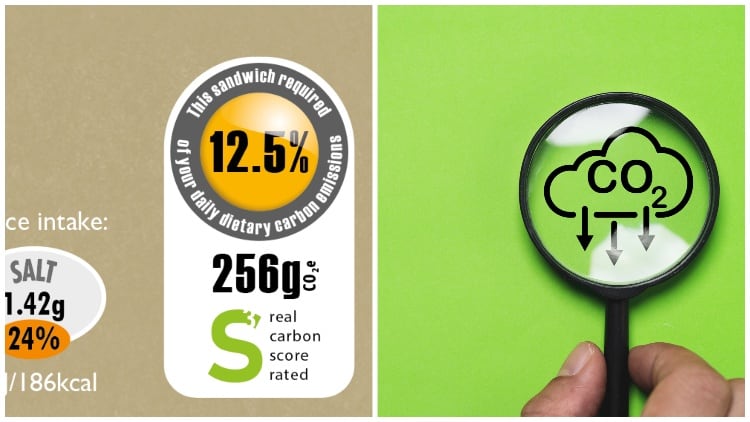Speaking at the Oxford Farming Conference (4 January), the head of the Department of Environment, Food and Rural Affairs (DEFRA) revealed plans to make food labelling clearer in an effort to persuade consumers to ‘buy British’.
This included highlighting when imported products do not meet UK welfare standards and working with online retailers to identify ways to better support consumer understanding of the origin of their food products.
“British farmers take pride in producing food that meets, and often exceeds, our world-leading animal welfare and environmental standards,” said Barclay.
Clearly labelled
“British consumers want to buy this top-quality food, but too often products produced to lower standards overseas aren’t clearly labelled to differentiate them.
“This is why I am proud to announce that we will consult on clearer food labelling so we can tackle the unfairness created by misleading labelling and protect farmers and consumers.”
The proposals formed part of the Government’s broader support for farmers across the food supply chain, with the environment secretary set to announce a raft of upgrades to the UK’s farming schemes.
Engaging young people
This revised offer will also see the expansion of the Educational Access scheme to create more opportunities for young people to learn about and engage with food production, farming, forestry, wildlife and the wider landscape.
Meanwhile, IGD delivered recommendations to DEFRA around consistent food environment labelling in the UK, but three lobbying groups have since aired concerns over ‘a narrow’ approach.
The letter, from CLEAR, the Sustainable Food Trust, and Compassion in World Farming, suggested that the recommendations from IGD risked confusing and misleading consumers, while ‘failing to support’ improved business decisions around supply chain efficiencies and sourcing.





